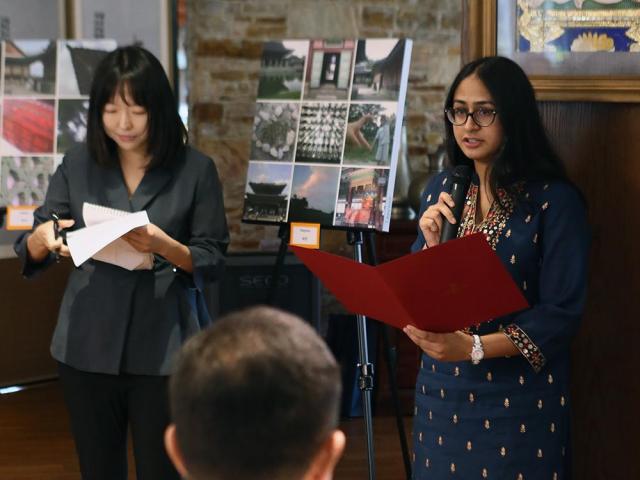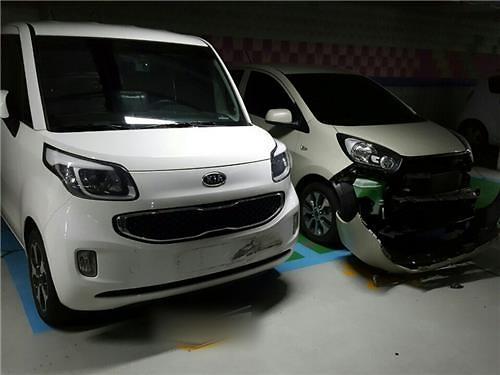
SEOUL, August 21 (AJU PRESS) - Various supplementary classes will be offered to help students alleviate their parents' burden of expenses for private crammers, the Ministry of Education said Wednesday. The new pilot program, run by schools in partnership with local governments, will soon be available in about a dozen provincial cities and other rural areas.
According to Statistics Korea, families spent an average of 434,000 won ($325) per student each month on private education last year. The amount accounted for about 12.2 percent of the average monthly salary of 3.55 million won for working individuals.
While some students may succeed without reliance on private crammers, most struggle to achieve academic success in Korea's highly competitive educational environment.
To alleviate this burden, the ministry is partnering with local governments to implement new classes in 173 schools -- 67 elementary, 32 middle, and 74 high schools. Their lessons focus on fostering independent learning and improving study habits, with each region receiving 700 million won ($52.4 million) in subsidies.
In southern port city of Busan, a team of 48 teachers will create a series of online lectures tailored to local students. Gwangju will involve about 350 trainee teachers to assist in classrooms and provide counseling services.
Some regions will also emphasize non-academic skills. The industrial city of Gumi in North Gyeongsang Province will collaborate with Kumoh National Institute of Technology to offer classes in drones, robotics, and coding. The neighboring city of Uljin will partner with a local marine sports center to run English-language camping courses.
The ministry will assess the program's success in each region by monitoring changes and gathering feedback from parents and students. These evaluations will determine whether the program will continue next year.
Once proven successful, the program is also expected to be expanded to include more regions, including Seoul, which is excluded this time, a ministry official said.
Copyright ⓒ Aju Press All rights reserved.





View more comments